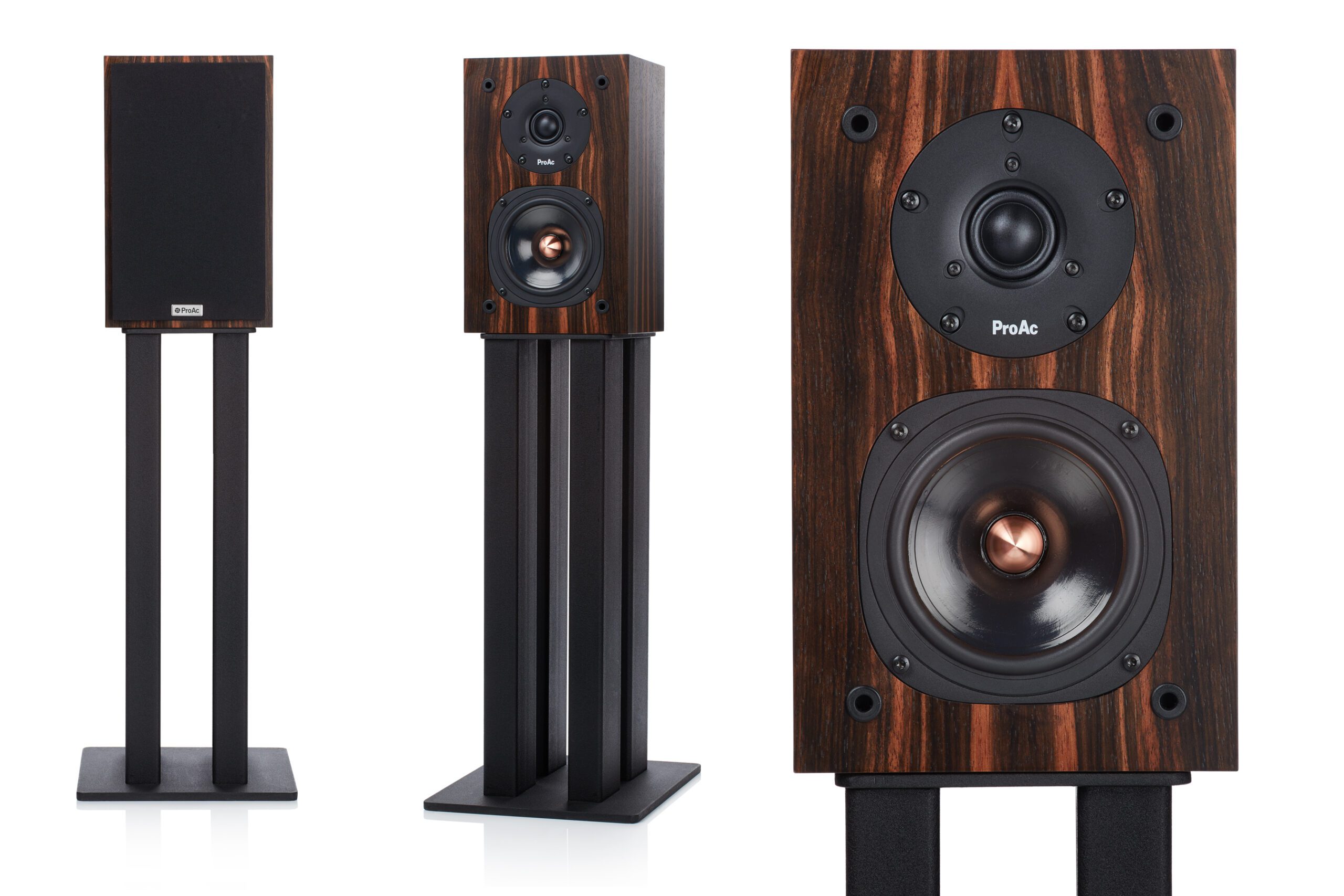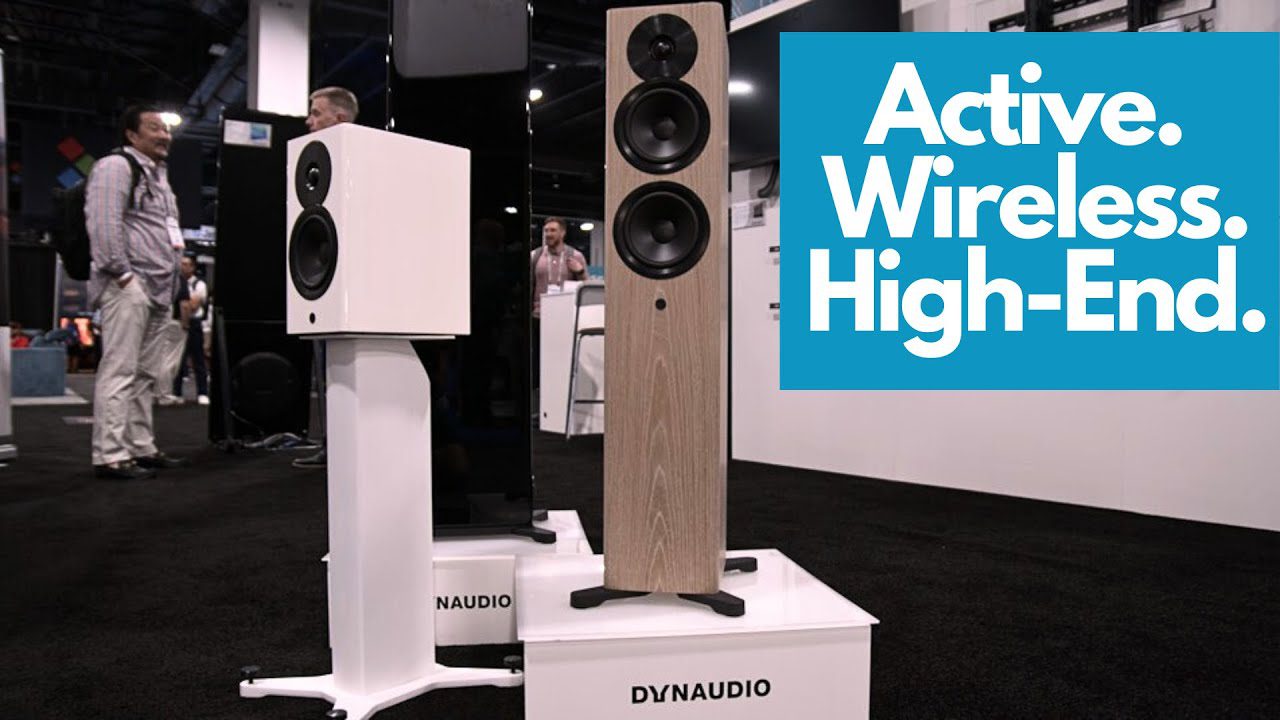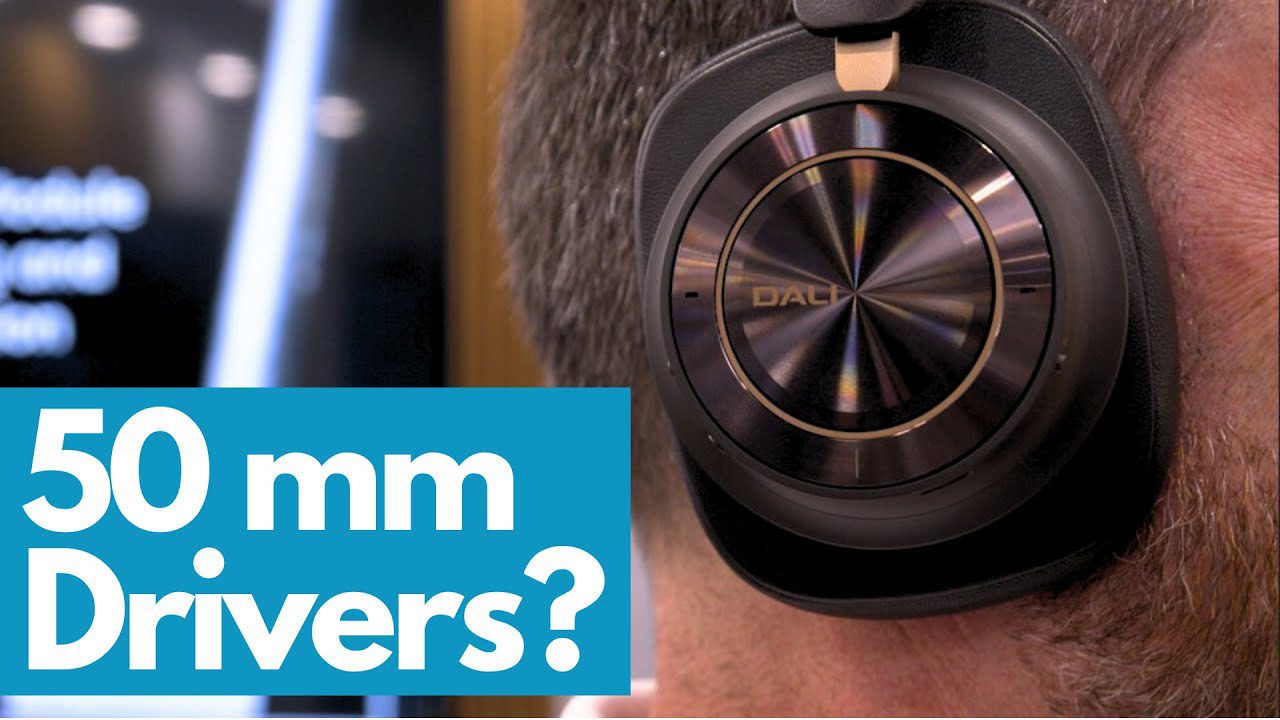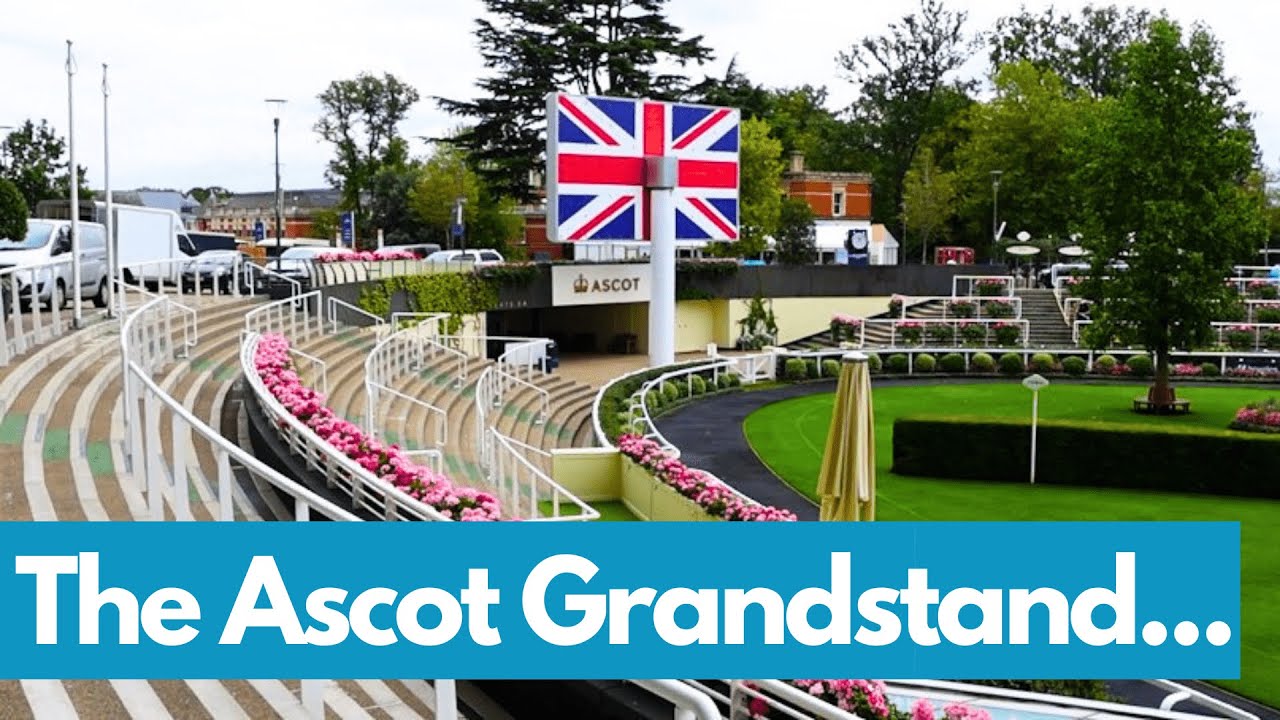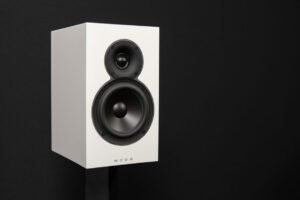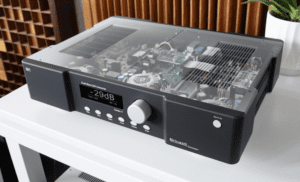
To celebrate the launch of its Px8 007 Edition headphones, British audio brand Bowers & Wilkins held a suave and sophisticated evening event at Abbey Road Studios, where guests were treated to performances of three James Bond songs – ‘The James Bond Theme’, ‘Goldfinger’ and ‘Skyfall’ – by the Royal Philharmonic Orchestra.
Also on hand to introduce ‘The Sound of 007’ night was award-winning film composer, David Arnold, who has scored five Bond soundtracks (Tomorrow Never Dies, The World Is Not Enough, Die Another Day, Casino Royale and Quantum of Solace).
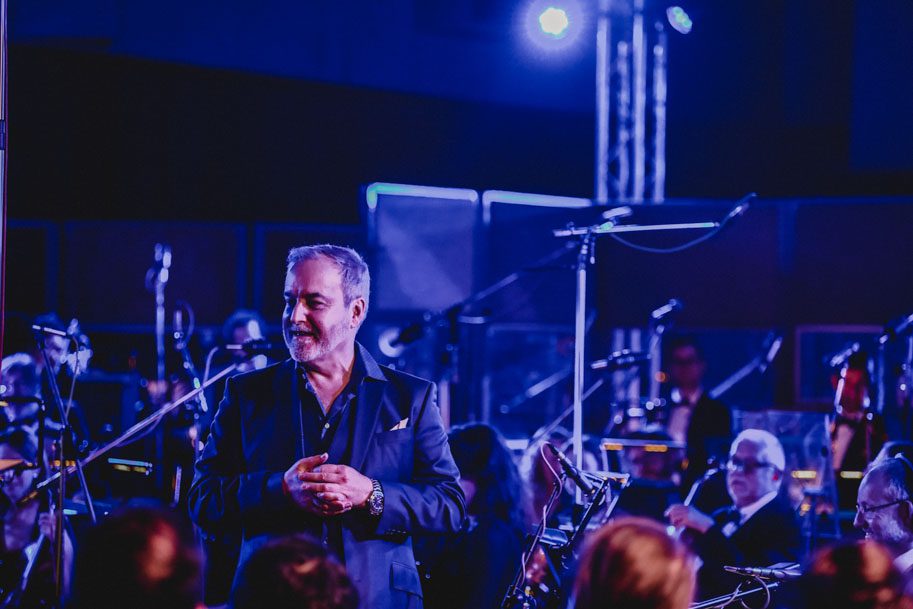
hi-fi+ was lucky enough to attend the party and we got to sit down in the studio with Arnold to have a chat about his work on the Bond film franchise, which celebrated its 60th birthday in late 2022.
SH: Your first experience of seeing a Bond film was when you were eight – you were shown You Only Live Twice at a children’s birthday party, in 1969. That was quite an odd choice of movie to show some kids, wasn’t it?
DA: That’s what I thought – Sean Connery gets machine gunned to ‘death’ at the start. The film was available to hire on 16mm. Part of the charm was that it was a Bond film on a loud and clattering projector and the screen was a foldup one, sat on a budgie cage stand. There was also a single mono speaker sitting forlornly at the bottom, but it filled the room and that was it – I was done.
You’ve said that seeing You Only Live Twice, which is set in Japan, was exotic for someone who came from Luton – there are ninjas and a hollowed-out volcano in it…
And Little Nellie. I wish I’d had a gyrocopter – I sometimes wish I had one now. I’d never seen anything like it, and it especially appealed to boys – there’s a big male audience for Bond.
So, You Only Live Twice got you hooked on Bond and made you want to be a film composer?
I wanted to be a part of the thing that made me feel the way that film made me feel.
When you watch a movie, you’re exposed to every element of it – some of it is more obvious than others, like what the actors, the stuntmen and the set designers are doing.
It’s not very obvious what the lighting guys, the photographer, the editor, the screenwriter or the musicians are doing, but you can feel it and sense it. It feels ever so slightly mysterious and yet it’s such a huge part of your perception of a movie. I can remember thinking that the music was doing all the work – the sense of what was being achieved.
That snaking John Barry ‘Capsule In Space’ cue, which is the first major cue in the movie… It built and it built, and it completely got under my skin. It felt like it belonged in the world of James Bond, and I’d never heard that tone of music or sound before.
It drew a picture of a world that felt complete when I listened to the music – I wanted to be a part of that noise.
In 1997, you made an album called Shaken and Stirred – The David Arnold James Bond Project, on which you collaborated with artists including Chrissie Hynde, Martin Fry and Propellerheads on cover versions of Bond songs. How did that come about?
I’ve always loved Bond songs and songs in general. With all due apologies to artists, sculptors, playwrights and novelists, I think that songs are the finest of all artforms.
I’ve always loved the thrill of being able to listen to them on the radio and the fact that they’re everywhere – songs are incredibly portable things.
After I did the music for Stargate and Last of the Dogmen, there was a gap before I did Independence Day. I thought, ‘What am I going to do? I don’t want to do another film – I want to make a record.’
I’d always wanted to make records. I didn’t want to get a deal – I was going to do three or four tracks and pay for it myself. So, I asked Björk to do ‘You Only Live Twice’, David McAlmont did ‘Diamonds Are Forever’ and Propellerheads did ‘On Her Majesty’s Secret Service’. Those were the first three and then I took them around to some record companies to see if anyone was interested – East West was and I carried on making the record on my own because I wanted to make it the way I wanted to make it.
The Björk song didn’t make it onto the album, did it?
It didn’t.
Some of the versions on the album are quite faithful to the originals, but there are some radical reworkings too…
Yeah – it’s a journey. The originals are always there – it didn’t erase them – but the songs are big enough and strong enough to withstand any number of reworkings.
It felt like a way for me to have fun in the studio with material that I didn’t have to write, with people that I really liked. It was a lot of fun and it felt dynamic and interesting. I was trying to get back to that moment when I saw You Only Live Twice for the first time and how I felt.
John Barry heard Shaken and Stirred and recommended you to the Bond film producers to write the soundtrack for 1997’s Tomorrow Never Dies, didn’t he?
Barbara Broccoli told me a story that she was in a record shop looking for soundtrack CDs to find composers and the guy who was serving her said, ‘You should listen to this guy’, and he gave her a copy of Shaken and Stirred. I’ve got no reason to disbelieve her, but John had heard it and liked it.
He was very kind and complimentary – that didn’t hurt. And it also didn’t hurt that Independence Day came out and won a Grammy and did a huge amount at the box office.
You had someone who was British, loved Bond, had made a Bond record and could handle big movies. So, in a way, maybe it made the decision a bit easier – I don’t know…
How did you feel when you got the gig?
Terrified. Growing up, I always wanted to do Bond movies, but I’d always pictured myself having done one – I never pictured myself doing one. The reality hit the fantasy – in order for me to get to that point of having done it, I had to do it. It was terrifying but also extremely exciting.
The first thing I did was write a song, which was ‘Surrender’ [recorded by k.d. lang and used over the end credits of Tomorrow Never Dies.]
I think ‘Surrender’ is better than the Sheryl Crow track, which was chosen as the main song.
Thanks – you’re very kind.
So, how did you approach the score for Tomorrow Never Dies? It’s a mix of classic ‘60s Bond with a techno twist…
I did interviews at the time where I was saying I wanted one foot in the ‘60s and one foot in the ‘90s, and I think we did that.
I knew what I wanted to do with it. I was also aware of what the filmmakers needed it to do.
Post-GoldenEye, they were quite keen to go back to a more classic sound and I was keen for that as well, because I loved it.
So, it started off in a traditional way and then I followed the film through its locations and iterations and responded to what was going on in that.
So, when we went to Germany, for the BMW remote control car scene, we went from a classic traditional score to more techno-driven stuff. And when we got to China, we went full on Chinese percussion and drumming.
You also did the soundtrack for the James Bond reboot, Casino Royale, starring Daniel Craig, and you co-wrote the theme song, ‘You Know My Name’, with Chris Cornell, which had a harder, rockier feel. Was it a conscious decision to change the tone and style of the song?
It was a conscious decision, because I wanted to open the film – and Chris was in agreement – with something that was violent, unpolished, and unfinished in a way that Daniel Craig’s James Bond was for the bulk of the opening of that movie.
He was a person that M has called a ‘blunt instrument’ because he hasn’t got long on this earth as a double O agent.
He hasn’t learnt the things that we know he’s going to learn, and he hasn’t become the person that we want him to be in that film.
The film is a process of seeing him become that and anything else that went with it, and so I wanted the music to be kind of brutal.
It was inspired by the way he moved, by the way Daniel walked, by his disregard for good manners and for politeness, and for rules and for proper ways of doing things.
The frustration that M feels, with his actions and attitude – his whole thing is ‘get out of my way’ – and we wanted the song to be a reflection of that. It’s a warning from James Bond’s perspective.
How does it feel being in a studio with a full orchestra and hearing them do your soundtracks?
It’s the energy of the performance of the orchestra that gets you, because if the writing is good then the next most important thing is how it is performed.
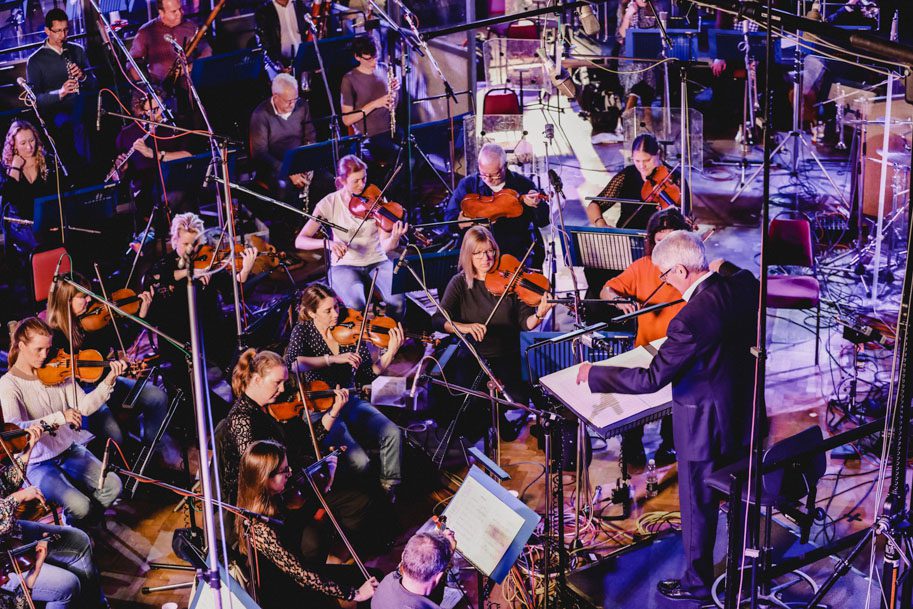
In the same way that, if you wrote a brilliant script, and said ‘This script is brilliant’, but you then get a lousy performance of that script, you are not going to get a brilliant film.
And it’s the same for a film score. You can write a brilliant score, but if you get a sub-par performance of it, then it won’t feel, or work half as effectively as it might do.
So, all composers rely on these people to be brilliant, and they reliably are. So how does it feel? It feels like this is how it should sound.
The Bond movie franchise recently turned 60. What’s it like to be a part of that legacy?
People ask me questions about it a lot. I think it’s an absolute honour and a privilege to be a part of James Bond. It follows you around for ever. If you are involved with Bond, you will always be a person who has been in Bond.
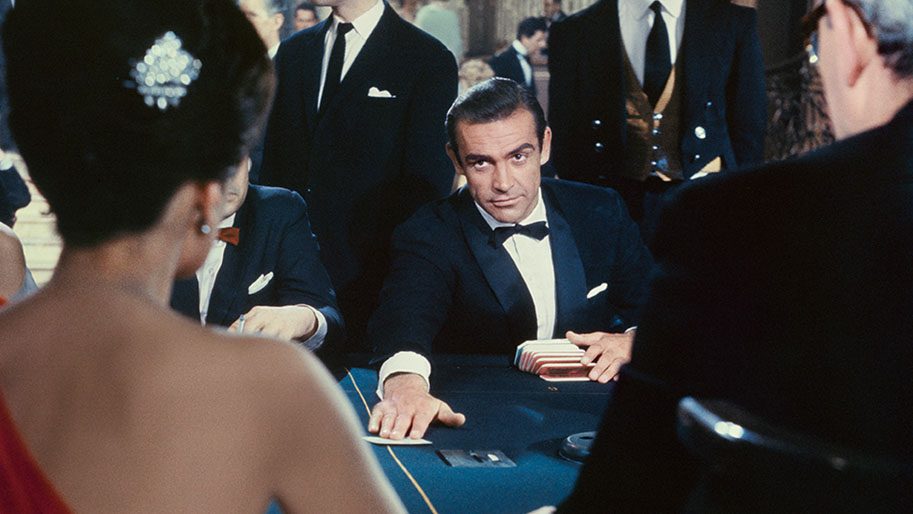
I love continuing to be associated with the film franchise and to be able to do things like the Sound of 007 event with Bowers & Wilkins at Abbey Road Studios and the 60th anniversary concert at the Royal Albert Hall – it’s a huge privilege.
To continue to feel included in it, and to be appreciated is enormous, and, I have to say, quite unusual.
That’s one of the things that I think works with Barbara Broccoli and [Bond producer] Michael G. Wilson – there’s great loyalty.
It’s unusual for people to be that kind and respectful, and inclusive and welcoming, and warm, in an industry which is, or can be, quite tricky.
Bowers & Wilkins Px8 007 Edition
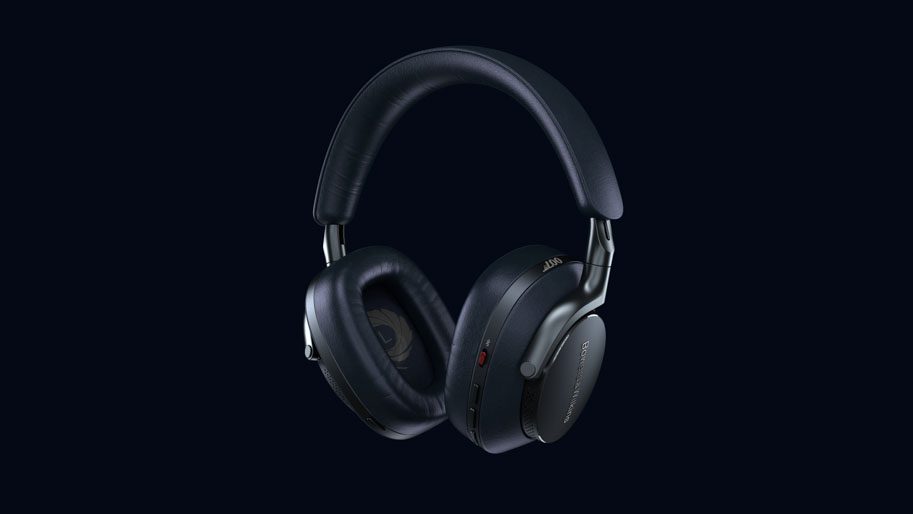
Bowers & Wilkins’s Px8 007 Edition headphones are the first product to be developed in a partnership between the brand and the James Bond film franchise.
To celebrate 60 years of Bond, Bowers & Wilkins created a bespoke version of its Px8 wireless headphones, featuring a Midnight Blue finish inspired by the dinner jacket worn by Bond in his first on-screen appearance in the 1962 film, Dr. No.
Abbey Road engineers used Bowers & Wilkins loudspeakers to help create Bond 25, an album featuring all 25 Bond themes, with brand new arrangements recorded by the Royal Philharmonic Orchestra in Abbey Road Studio One.
The album is out now on Decca and the Px8 007 Edition headphones are available from bowerswilkins.com, 007Store.com and selected retailers.
By Sean Hannam
More articles from this authorRead Next From Music
See all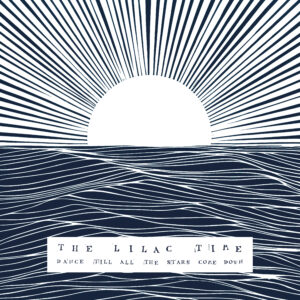
The Lilac Time: Dance Till All The Stars Come Down
- May 07, 2024
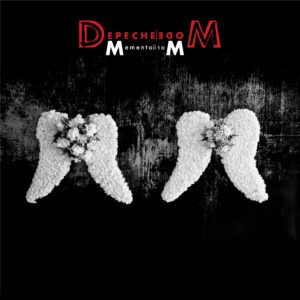
Depeche Mode: Memento Mori
- Apr 22, 2024
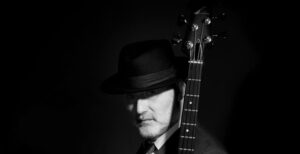
Music Interview: Jah Wobble
- Mar 27, 2024
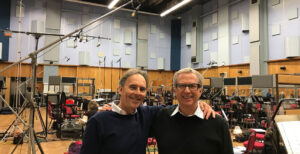
Music Interview: Don Reedman
- Mar 27, 2024

